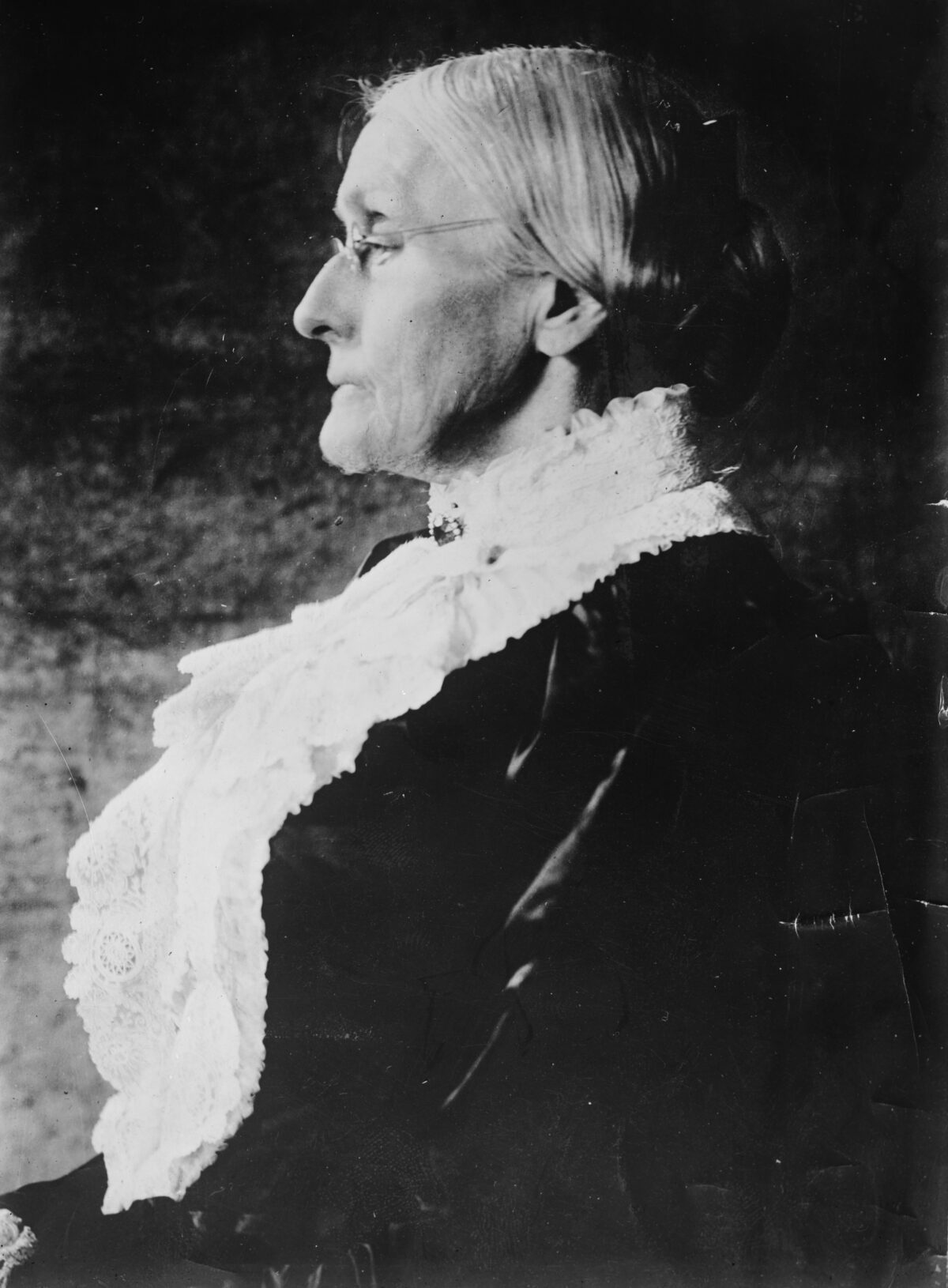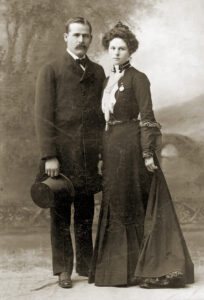On Tuesday, President Donald Trump officially pardoned suffragist Susan B. Anthony for her then-illegal attempt to vote in the 1872 presidential election.
“She was guilty for voting…She was never pardoned. Did you know that? She was never pardoned. What took so long?” Mr. Trump said during a White House event commemorating the 100th anniversary of the ratification of the 19th Amendment.
Beginning in the late 1800s, Anthony, among other suffragists, began to interpret the 14th Amendment as granting all native-born Americans citizenship and thus the right to vote, writes the Wall Street Journal. Women across the U.S. began to test that theory, with Mary Ann Shadd Cary, the first Black woman to enroll in the Howard University School of Law, trying to register to vote in Washington, D.C. in 1871.
One year after Shadd Cary, Anthony cast her ballot in the 1872 election between Republican incumbent Ulysses S. Grant and Liberal Republican Horace Greely. Two weeks later Anthony was arrested in her hometown of Rochester, N.Y. and subsequently convicted of voting illegally.
“My natural rights, my civil rights, my political rights, my judicial rights, are all alike ignored,” Anthony declared during her highly publicized trial.
“Robbed of the fundamental privilege of citizenship, I am degraded from the status of a citizen to that of a subject.” Her arrest and subsequent trial largely helped to galvanize the women’s suffrage movement, although it would take more than 45 years after Anthony’s proceedings for women to obtain the right to vote in the United States.
Sentenced to pay a $100 fine and court costs, the famed suffragist later described the verdict as “the greatest judicial outrage history has ever recorded.” Anthony petitioned Congress to waive her fine, but no formal action ever took place. Anthony never paid the fine.
Now, 148 years after Anthony’s arrest, President Trump’s pardon is being met with mixed reactions.
Marjorie Dannenfelser, the head of the antiabortion Susan B. Anthony List, wrote on the group’s website that “we are deeply moved and grateful to President Trump for honoring the legacy of this great American hero, and we pledge never to tire in carrying on her unfinished work.”
However, Deborah L. Hughes, president and CEO of the National Susan B. Anthony Museum and House, has joined a chorus of voices who claim President Trump’s pardon goes against the suffragist’s wishes.
“Objection! Mr. President, Susan B. Anthony must decline your offer of a pardon today,” Hughes wrote in a statement. She continued:
Anthony wrote in her diary in 1873 that her trial for voting was “The greatest outrage History ever witnessed.” She was not allowed to speak as a witness in her own defense, because she was a woman. At the conclusion of arguments, Judge Hunt dismissed the jury and pronounced her guilty. She was outraged to be denied a trial by jury. She proclaimed, “I shall never pay a dollar of your unjust penalty.” To pay would have been to validate the proceedings. To pardon Susan B. Anthony does the same.
Kathy Hochul, New York Lt. Governor, took to Twitter on Tuesday to further denounce President Trump’s pardon. “As [the] highest ranking woman elected official in New York and on behalf of Susan B. Anthony’s legacy we demand Trump rescind his pardon. She was proud of her arrest to draw attention to the cause for women’s rights, and never paid her fine. Let her Rest In Peace.”





